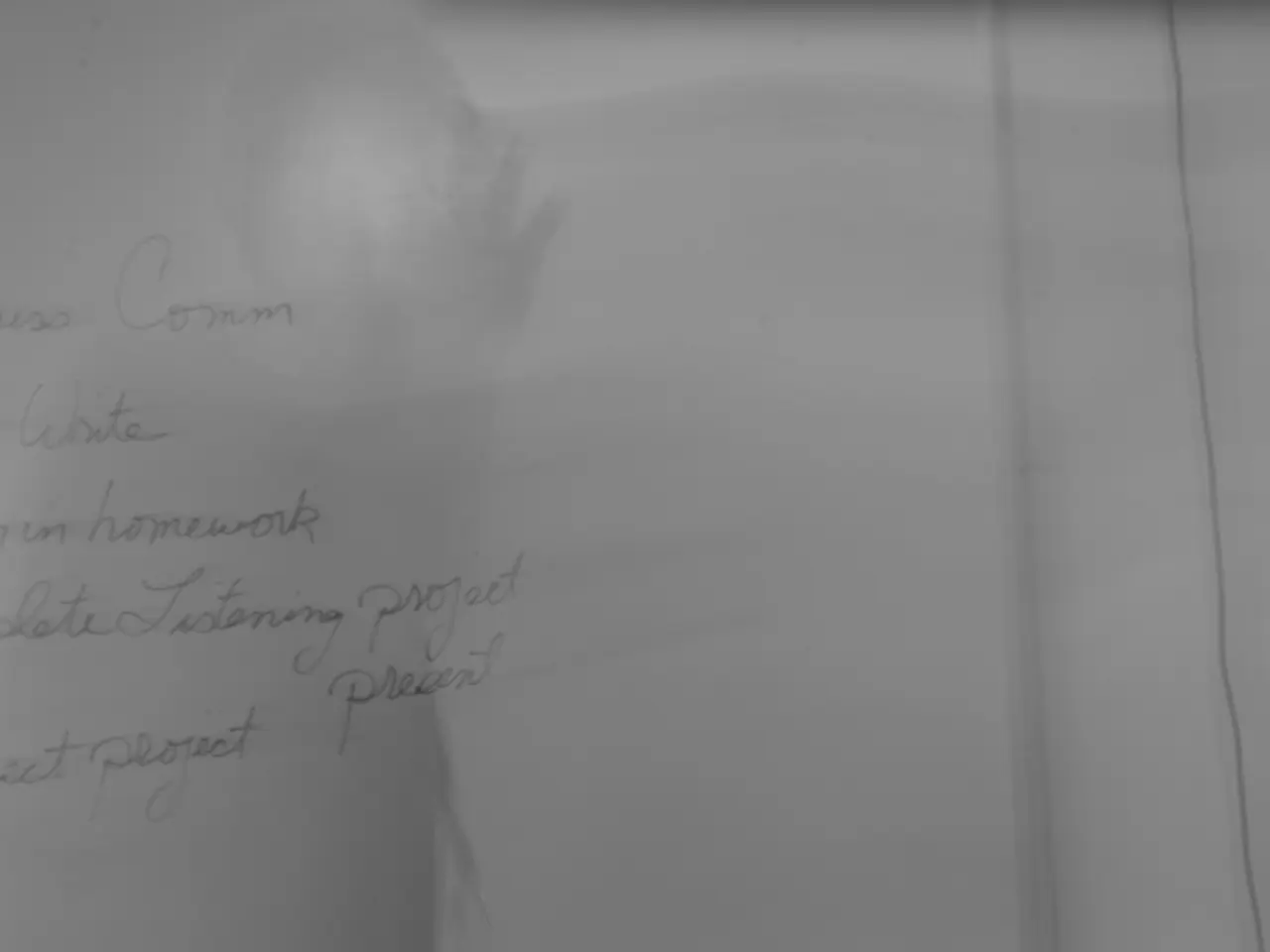BTS's producer faces prosecution as the first tycoon under the new president's stricter financial supervision
South Korea's financial regulatory authorities have formally referred Hybe Chairman Bang Si-hyuk to prosecutors over allegations of violating the Capital Markets Act during the company's 2020 Initial Public Offering (IPO).
The allegations against Bang involve misleading investors in 2019 by falsely claiming that Hybe (formerly Big Hit Entertainment) had no plans for an IPO, while secretly preparing for the listing. Early investors, misled by this information, sold their shares to private equity firms associated with Bang, who then profited extensively after the IPO went ahead.
It is alleged that Bang had a profit-sharing agreement with private equity funds, including STIC Investments, Estone Equity Partners, and New Main Equity. As a result, Bang was able to secure roughly 400 billion won (about $287 million) in gains from the transactions that disadvantaged earlier shareholders.
The charges also accuse Bang of circumventing lock-up periods designed to prevent major shareholders from quickly dumping shares post-IPO, which contributed to a stock price plunge and harmed ordinary investors. This is the first time under the current Lee Jae Myung administration that a major conglomerate leader has been referred to prosecutors over such allegations.
The Financial Services Commission's Securities and Futures Commission held a regular meeting and announced the referral of Bang and former Hybe executives to prosecutors. The nature of this violation is particularly serious, according to a financial authority official, and a referral to the prosecution is the most severe action financial regulators can take against an individual accused of violating the law.
The Korea Exchange has revised its IPO due diligence checklist, adding requirements for underwriters to inspect contracts between shareholders and assess risks to investor protection. Hybe has stated that it will actively work to clarify the suspicions and restore market trust.
Under the Capital Markets Act, a person who gains or avoids losses of over 5 billion won through unfair trading may face a prison term of five years to life. The allegations against Bang include circumventing the lock-up period meant to prevent major shareholders from offloading shares immediately after listing.
The case includes concern over the involvement of South Korea's National Pension Service, whose funds were among those invested in the private equity schemes linked to Bang's alleged fraudulent trading. This has stirred public outcry over the management and oversight of public pension funds used in such transactions.
HYBE spokespersons have expressed regret that Bang’s efforts to demonstrate no personal gain during the regulatory investigation were not accepted. The suspects are believed to have signed private agreements, pledging to share 30 percent of any future gains from selling their shares.
This news comes as a significant blow to Hybe, which has seen its stock price plunge after the allegations surfaced, causing significant harm to ordinary retail investors. The company will now face prosecution proceedings to clarify the allegations against its chairman.
The allegations against Bang, who is the Chairman of Hybe, extend to the realm of business and finance, as they involve misleading investors in 2019 and secretly preparing for the company's IPO, a move that reportedly led to extensive profits for private equity firms associated with him.
Furthermore, the charges against Bang also include circumventing lock-up periods in the industry, a practice designed to prevent major shareholders from quickly offloading shares post-IPO, which reportedly contributed to a stock price plunge and harmed ordinary investors.




